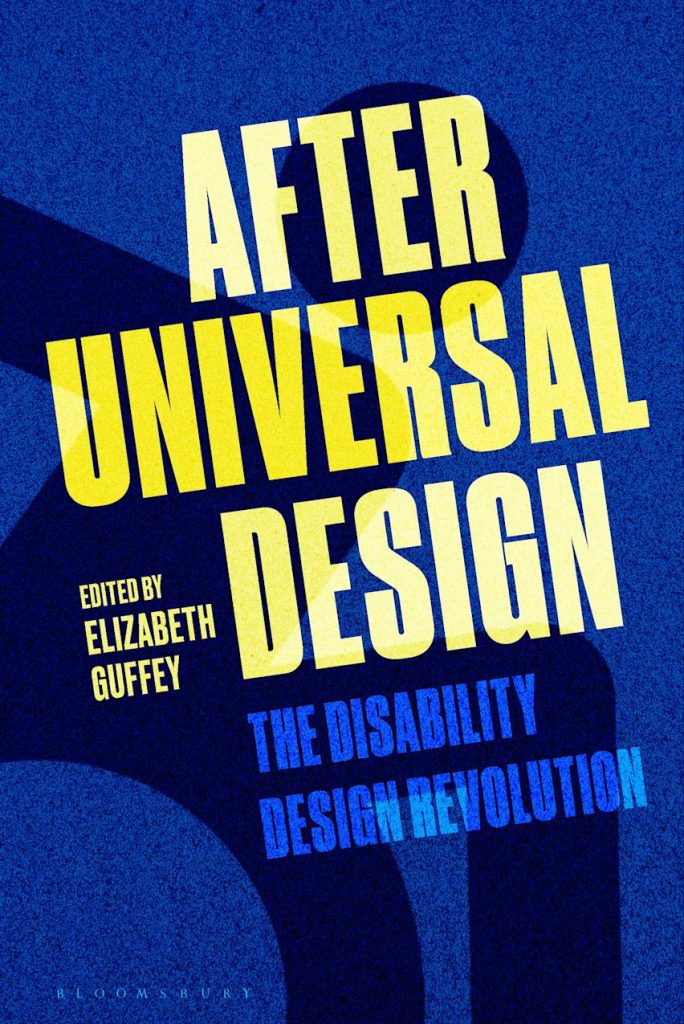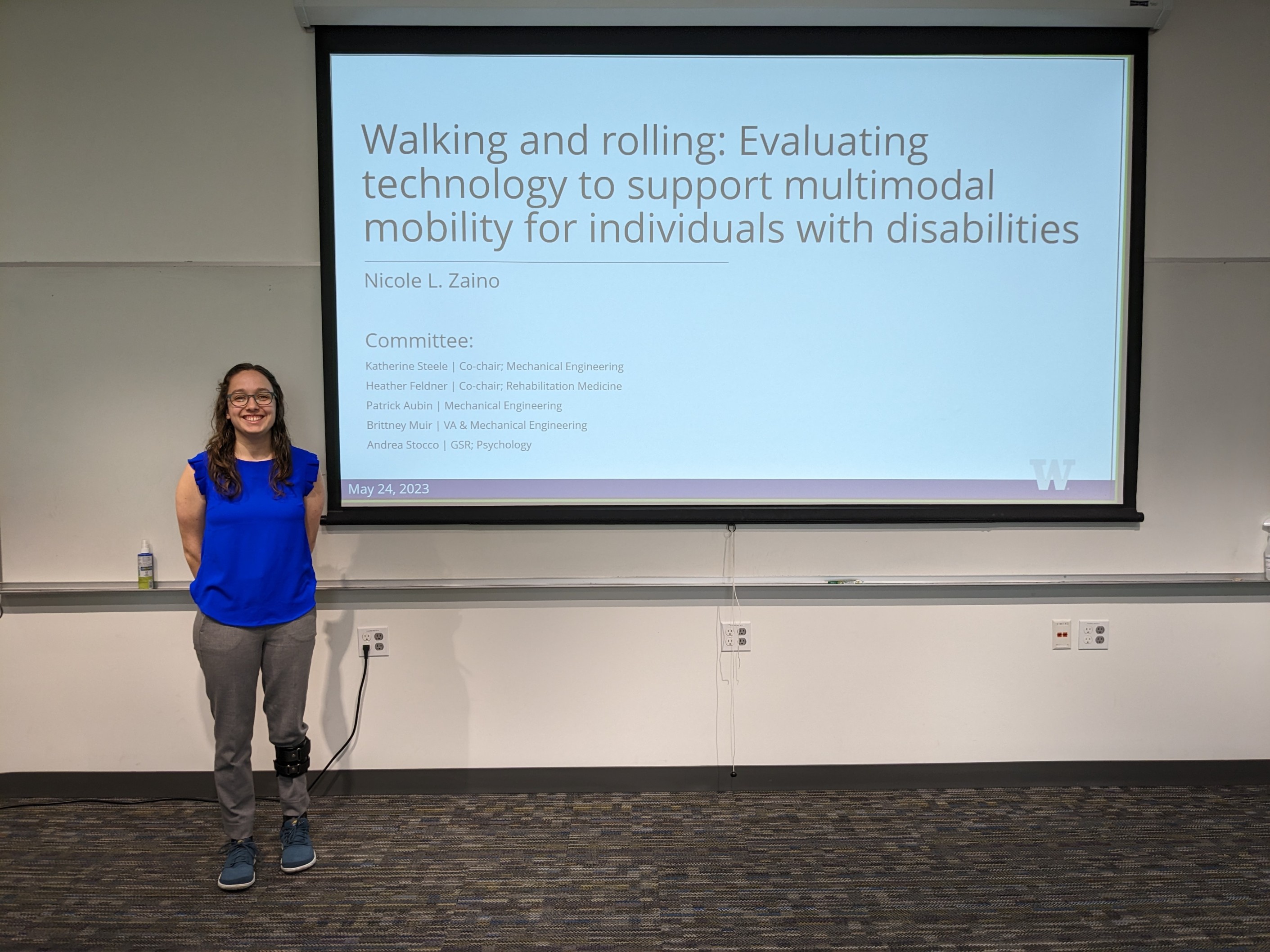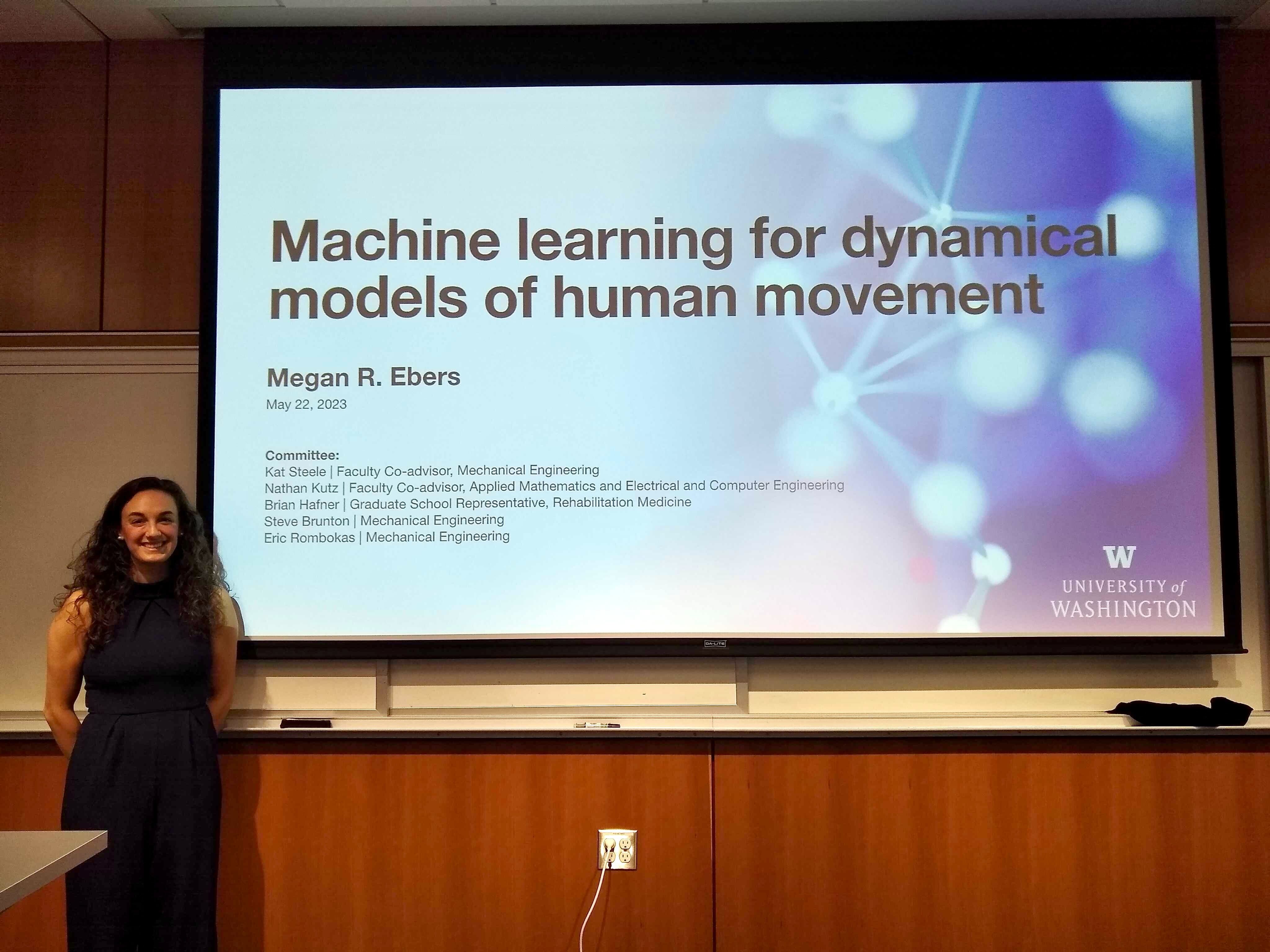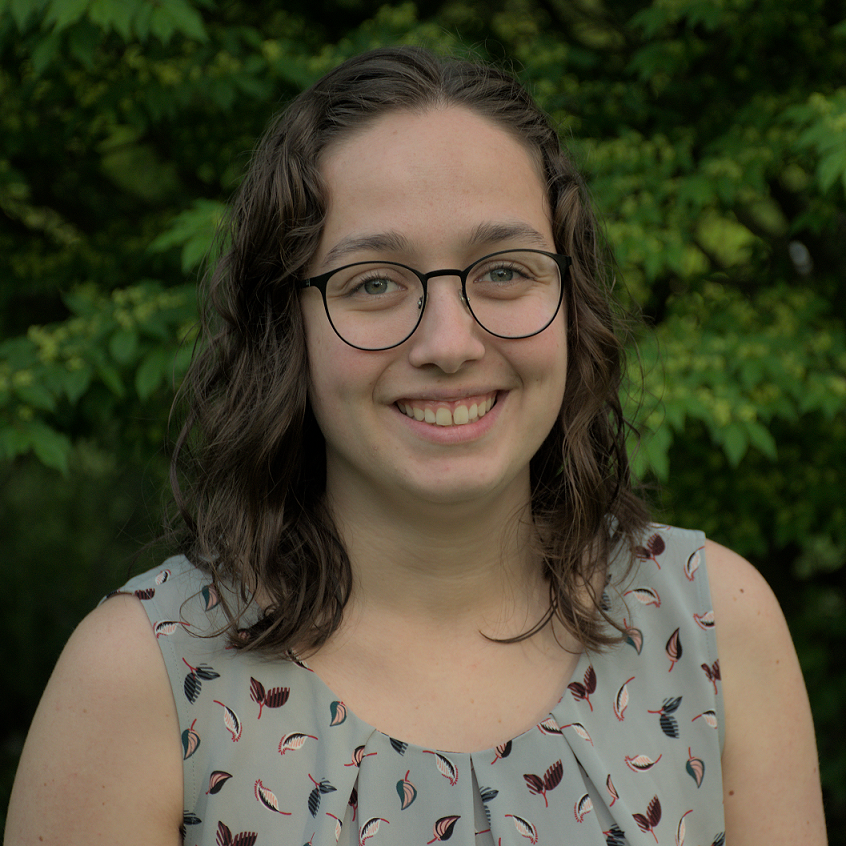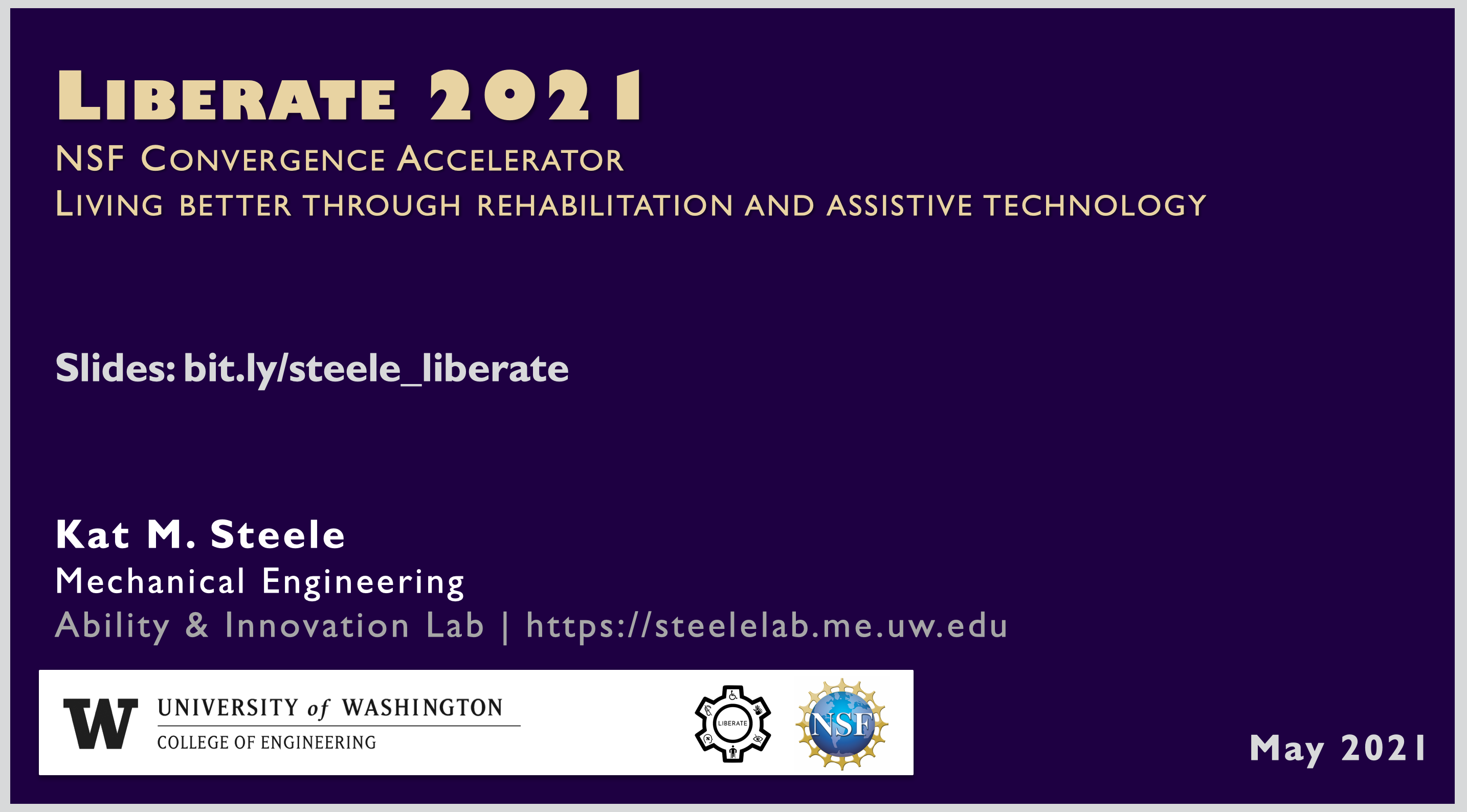Book Chapter in After Universal Design: The Disability Design Revolution, Edited by Elizabeth Guffey
“Makerspaces are often used to help build new assistive technology and increase accessibility; however, many of these spaces and tools remain inaccessible. We need to make sure disabled people can access these spaces and create the products and designs that they actually want.”
– DO-IT Scholar
Dr. Steele was asked to contribute a case study focused on her work with AccessEngineering into Shaping Inclusive and Equitable Makerspaces.
Description: How might we develop products made with and by disabled users rather than for them? Could we change living and working spaces to make them accessible rather than designing products that “fix” disabilities? How can we grow our capabilities to make designs more “bespoke” to each individual? After Universal Design brings together scholars, practitioners, and disabled users and makers to consider these questions and to argue for the necessity of a new user-centered design.
As many YouTube videos demonstrate, disabled designers are not only fulfilling the grand promises of DIY design but are also questioning what constitutes meaningful design itself. By forcing a rethink of the top-down professionalized practice of Universal Design, which has dominated thinking and practice around design for disability for decades, this book models what inclusive design and social justice can look like as activism, academic research, and everyday life practices today.
With chapters, case studies, and interviews exploring questions of design and personal agency, hardware and spaces, the experiences of prosthetics’ users, conventional hearing aid devices designed to suit personal style, and ways of facilitating pain self-reporting, these essays expand our understanding of what counts as design by offering alternative narratives about creativity and making. Using critical perspectives on disability, race, and gender, this book allow us to understand how design often works in the real world and challenges us to rethink ideas of “inclusion” in design.

